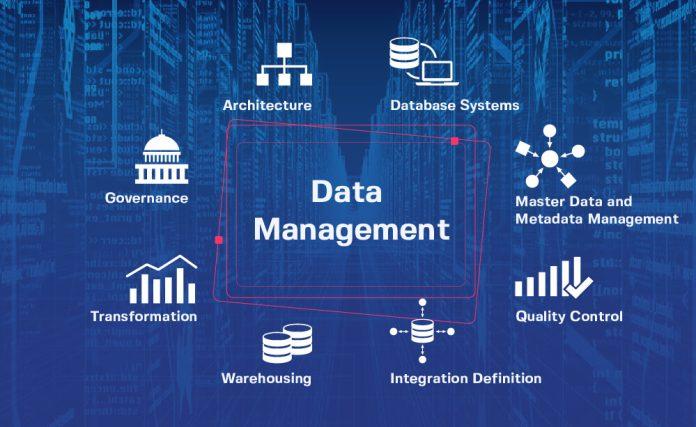Introduction
In today’s digital landscape, cloud computing has emerged as a powerful tool that revolutionizes the way businesses operate. The cloud provides unparalleled flexibility, scalability, and cost-efficiency, allowing organizations to streamline their operations and unlock new opportunities. However, effectively harnessing the potential of cloud computing requires a deep understanding of two critical aspects: Data Management and DevOps. In this blog article, we will explore how these two key elements can help organizations navigate the cloud and unlock its full potential.
Data Management: The Foundation of Cloud Computing
Data management plays a pivotal role in the success of any cloud computing initiative. The cloud provides a vast storage infrastructure that enables organizations to store and access their data with ease. However, without a robust data management strategy in place, businesses can quickly become overwhelmed with the sheer volume and complexity of their data.
To effectively manage data in the cloud, organizations should prioritize the following:
Data Governance:
Implementing proper data governance practices ensures that data is accurate, consistent, and compliant with regulations. This includes establishing data ownership, defining data quality standards, and enforcing access controls.
Data Security:
As data moves to the cloud, organizations must adopt stringent security measures to protect their sensitive information. This involves implementing encryption, access controls, and regular security audits to mitigate the risk of data breaches.
Data Integration:
Cloud computing often involves working with multiple cloud services and platforms. To ensure seamless data integration, organizations should leverage APIs (Application Programming Interfaces) and integration tools to connect and exchange data between different systems.
Data Backup and Recovery:
Despite the robust infrastructure of cloud providers, data loss can still occur. Therefore, it is crucial to implement regular data backups and establish effective disaster recovery mechanisms to quickly restore data in case of an unforeseen event.
DevOps: Enabling Agile Cloud Operations
DevOps, a collaborative approach between development and operations teams, is essential for organizations seeking to fully leverage the cloud’s potential. By breaking down silos and fostering a culture of collaboration and automation, DevOps enables organizations to achieve faster deployment cycles, increased reliability, and improved scalability.
Here’s how organizations can leverage DevOps in the cloud:
Continuous Integration and Deployment (CI/CD):
CI/CD pipelines automate the process of building, testing, and deploying applications to the cloud. By automating these processes, organizations can achieve shorter development cycles, faster time-to-market, and more reliable software releases.
Infrastructure as Code (IaC):
IaC allows organizations to define and manage their infrastructure using code. This approach brings consistency, scalability, and version control to infrastructure provisioning, reducing manual errors and enabling rapid scalability in the cloud.
Monitoring and Alerting:
With the cloud’s dynamic nature, it is crucial to have robust monitoring and alerting systems in place. Organizations should leverage cloud-native monitoring tools to gain real-time visibility into their applications’ performance and ensure proactive issue resolution.
Autoscaling and Resource Optimization:
Cloud environments provide the ability to scale resources up or down based on demand. Leveraging autoscaling capabilities and monitoring metrics, organizations can optimize resource allocation, reduce costs, and improve overall efficiency.
Conclusion
Cloud computing presents immense opportunities for organizations to transform their operations and achieve unprecedented levels of scalability and flexibility. However, to fully unlock the potential of the cloud, organizations must prioritize effective data management and embrace DevOps practices.
By implementing robust data governance, security, integration, and backup strategies, organizations can ensure their data is protected, compliant, and easily accessible in the cloud. Additionally, by adopting DevOps principles such as CI/CD, IaC, monitoring, and autoscaling, organizations can achieve faster deployment cycles, increased reliability, and optimized resource utilization.
